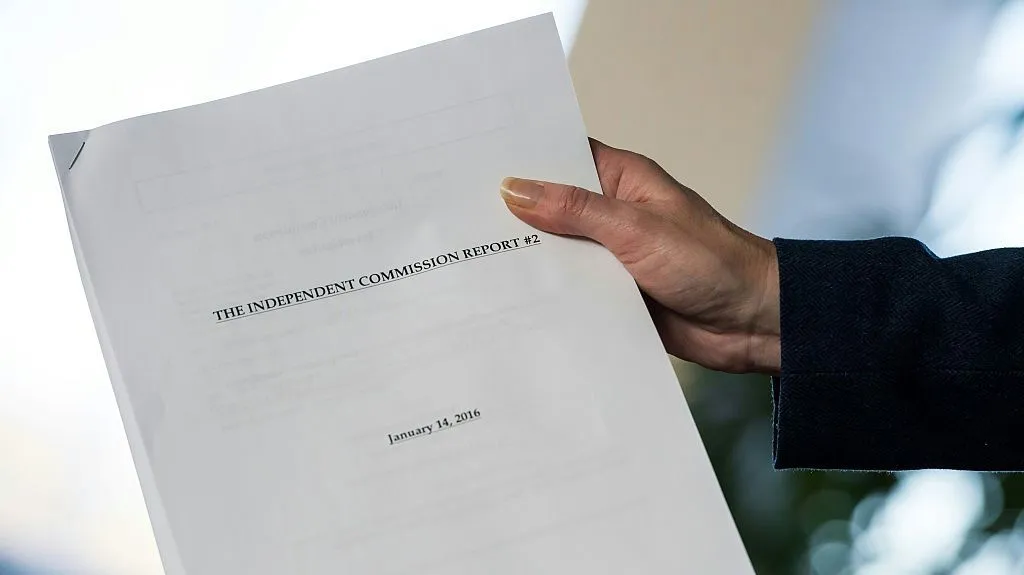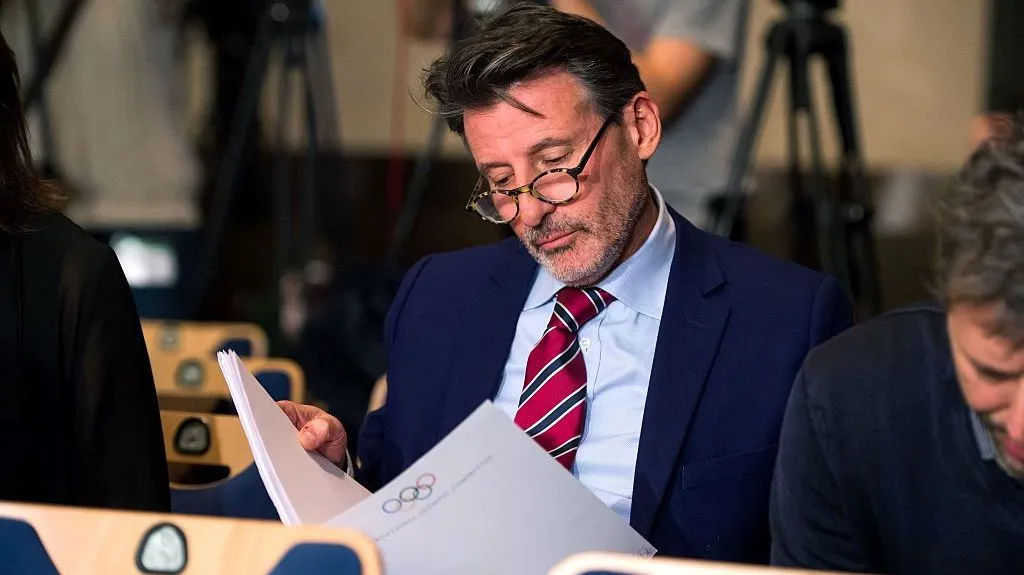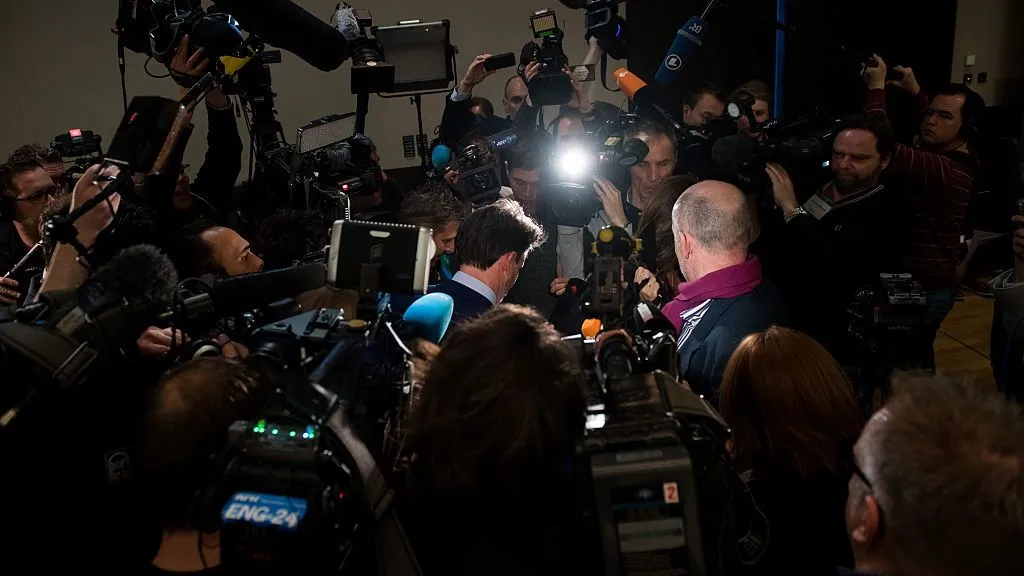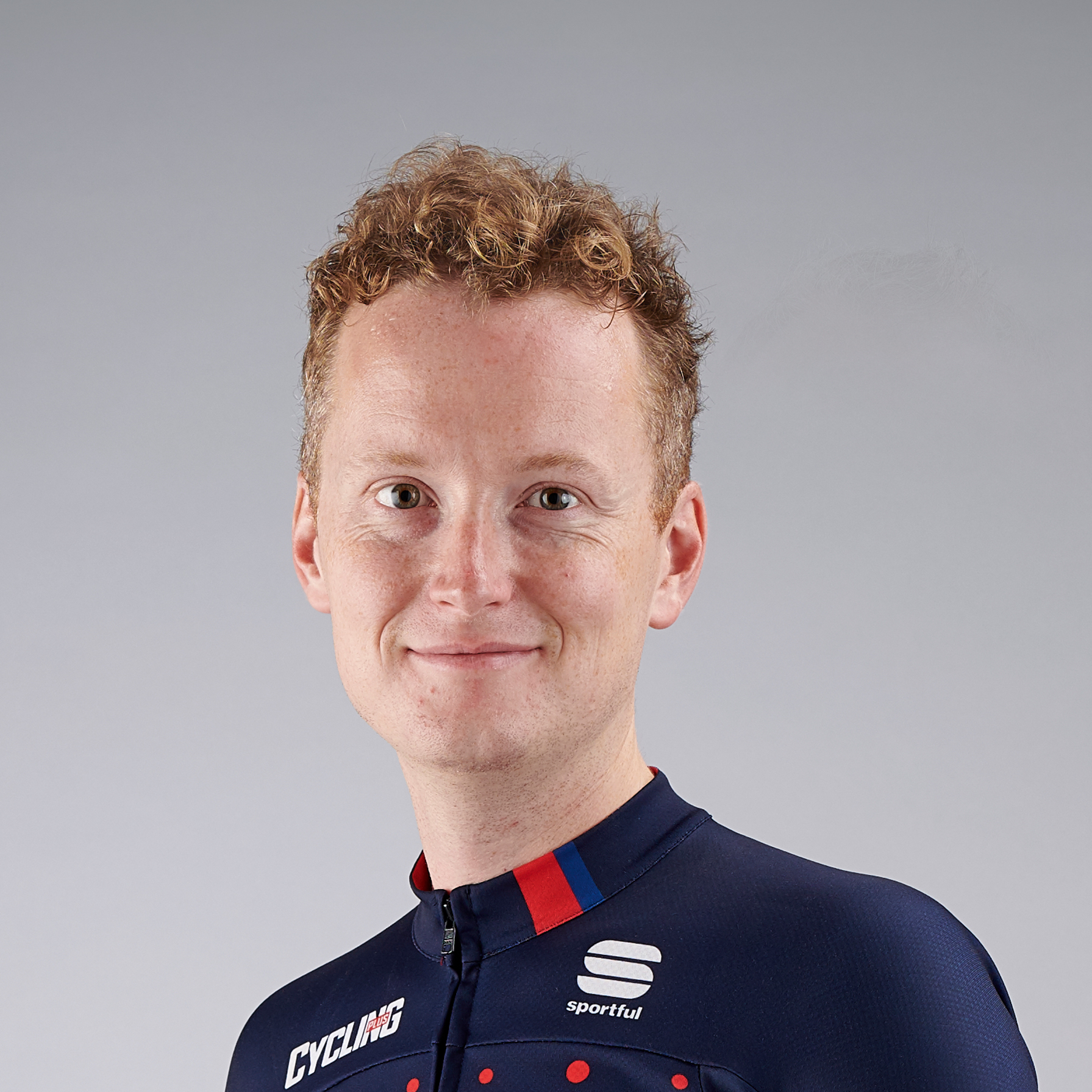Anyone with a passion for sport will have been dismayed to read this week's headlines on athletics and its international federation, the IAAF. The World Anti-Doping Agency believes that the IAAF council “could not have been unaware of the extent of doping in athletics” – but should cycling be happy that it’s no longer viewed as sport’s basket case?
When Lance Armstrong’s cheating was revealed in 2012, the US Anti-Doping Agency labelled it the “most sophisticated, professionalised and successful doping programme that sport has ever seen”. Given its charismatic, flawed frontman, the Armstrong doping case remains a gripping scandal, but in terms of grand deceptions, the World Anti-Doping Agency’s (WADA) unflinching report into alleged wrong-doing in Russian athletics tops the Texan in the treachery stakes.
Related: Lance Armstrong biopic has nothing new for those in the know
Former WADA president Dick Pound’s report accused Russia of running a state-sponsored doping scheme, with the international federation, the IAAF, alleged to be complicit in failing to follow up on suspicious tests.
Russia has been suspended from the sport and recently departed IAAF president Lamine Diack arrested and charged with covering up positive tests. While cycling’s name has long been mud, many fans feel their sport has copped too much of the flack. What about athletics, or tennis, rugby or football, they ask. There’s a case to be made that if certain sports don’t believe they have a drugs problem, they’re living with their heads buried in the sand.
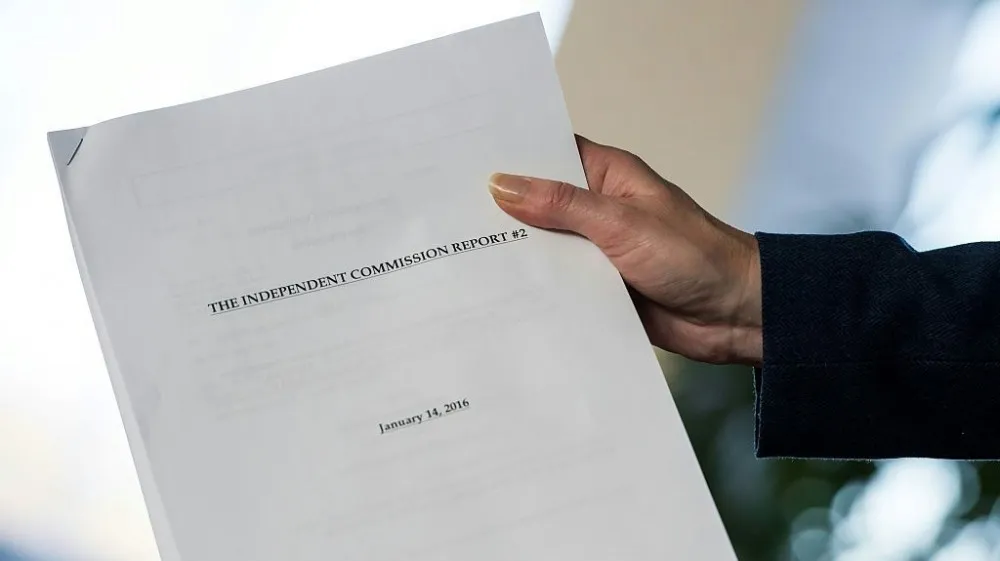
WADA released the second part of its report on doping in athletics this week
A tough place to dope
So now that athletics’ chickens have finally come home to roost in the biggest doping scandal in its history, should this be cycling’s ‘I told you so’ moment? Hardly.
It’s understandable that many cycling fans are vexed that the sport hasn’t received more credit for its efforts to clean its act up. The biological passport, testing independently of the governing body (the UCI), night-time testing to combat micro-dosing (that last one a recommendation of the recent CIRC report into doping in cycling that went operational prior to this year’s Tour de France).
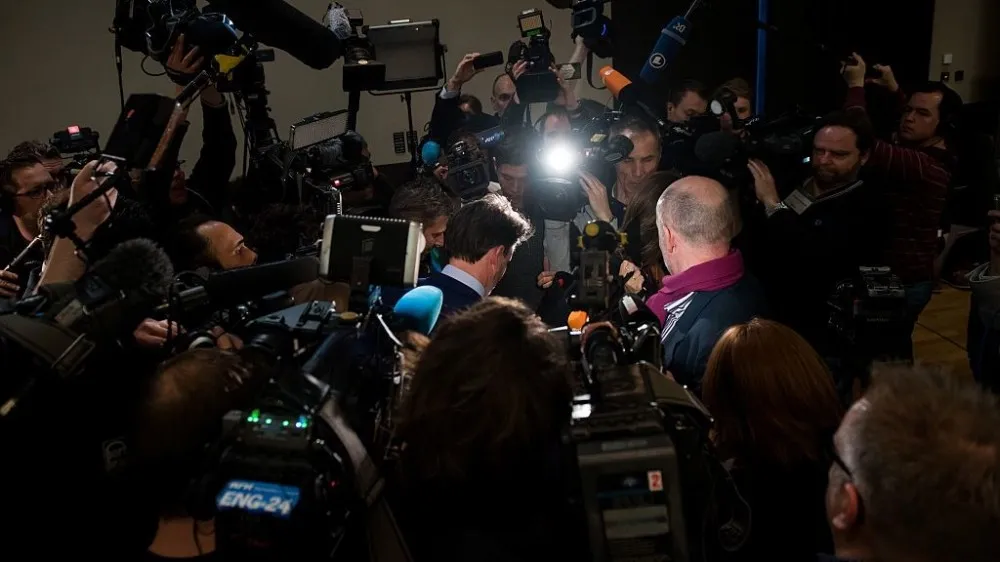
IAAF president Lord Sebastian Coe leaves the WADA press conference in southern Germany earlier this week
At the 2015 Tour de France alone, 482 blood tests were carried out, compared with 315 in UEFA football competition for the whole of the 2014/15 season.
Cycling in 2016 isn’t a clean sport and we shouldn’t kid ourselves that it is. But it is undoubtedly a tougher place to dope than at any other time in its history, and is certainly leading the way as far as international sport is concerned.
Tip of the iceberg
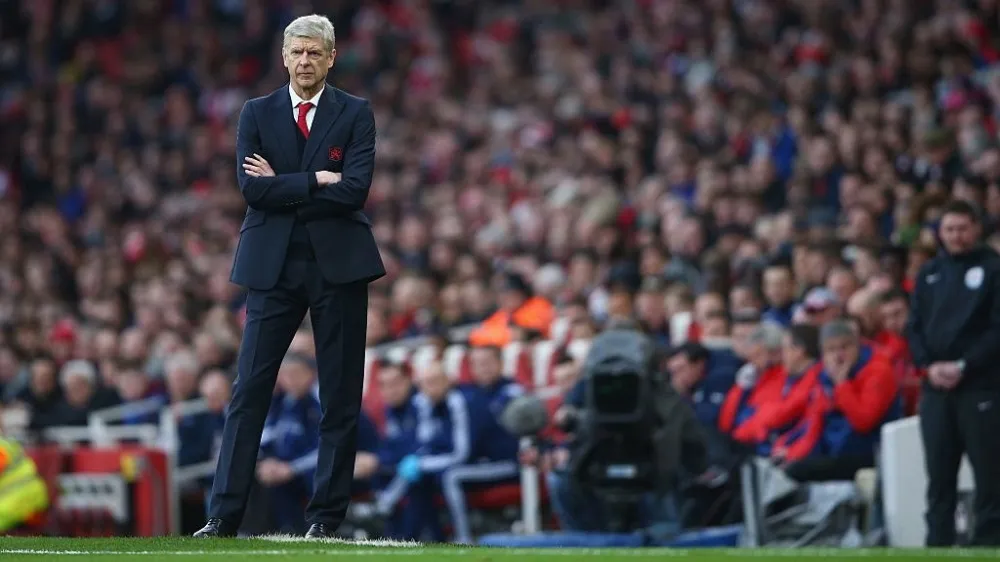
How often is it suggested that football has a drugs problem? Very rarely. But does that mean it doesn’t? Putting his head above the parapet in L’Equipe, Arsenal manager Arsene Wenger recently claimed to have played “against many teams” who have used performance-enhancing drugs. Pound stated in his report that the Russian scandal was probably just the tip of an iceberg that likely extends to different countries and sports.
So now’s clearly not the time for back-slapping in cycling; it’s time to turn the screws even tighter on cheats and continue to be an example for the rest. Because as long as there’s money and fame to be made, there’ll always be people willing to cheat to get their grubby mitts on it.
What do you think? Let us know in the comments below.
